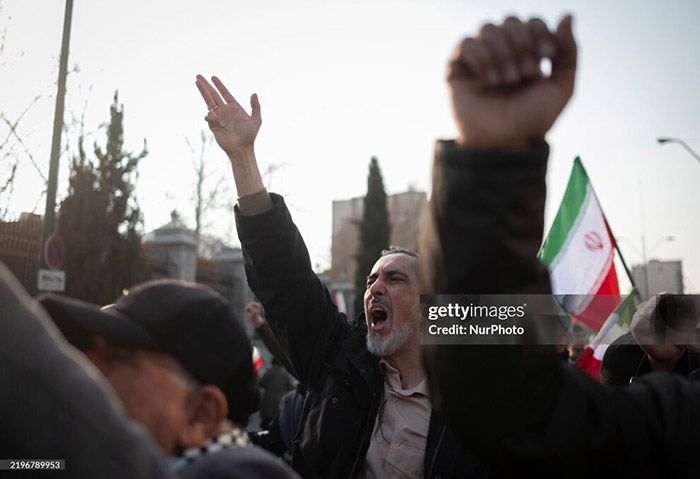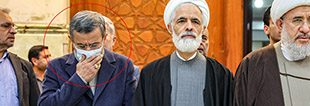The Role of International Pressure
The international community has been closely monitoring the developments surrounding Iran’s hijab policies. Human rights organizations, including Amnesty International and Human Rights Watch, have repeatedly condemned the enforcement of compulsory veiling, arguing that it violates fundamental human rights. The Iranian government, however, has remained defiant, insisting that hijab laws are a matter of national sovereignty and cultural identity.
Western governments, particularly in Europe and North America, have imposed sanctions on Iranian officials responsible for enforcing the hijab law. Additionally, the issue has been a focal point in discussions about Iran’s human rights record at global forums such as the United Nations and the European Parliament.
Social Media and Grassroots Opposition
Social media has played a crucial role in shaping public discourse around the hijab bill. Hashtags such as #NoToCompulsoryHijab have gained traction among Iranian users, with many sharing personal stories and expressing their opposition to the law. Prominent Iranian activists, including Masih Alinejad, have used platforms like Twitter and Instagram to mobilize resistance against compulsory veiling.

